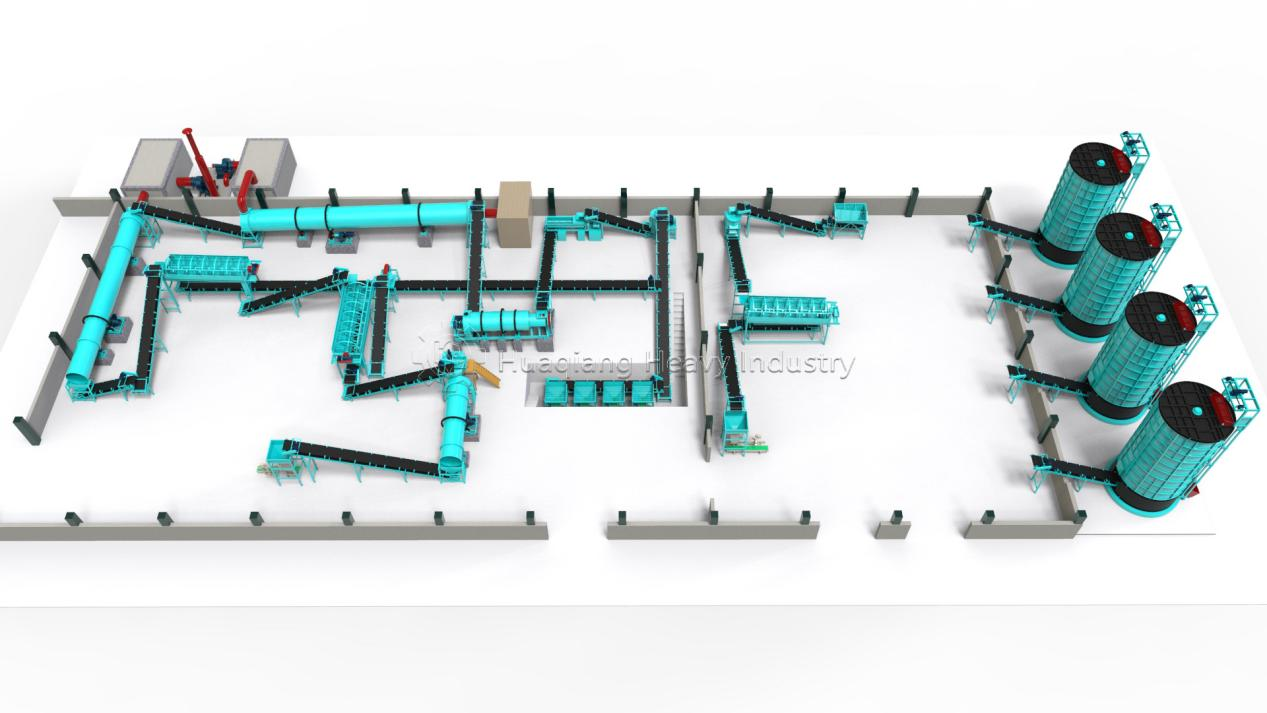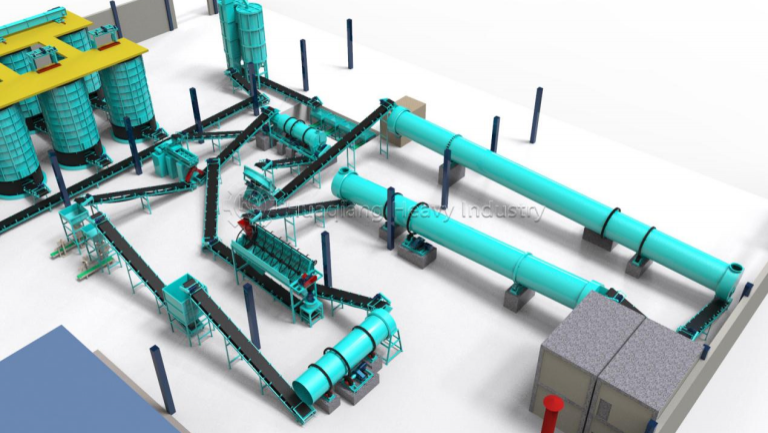In the world of agricultural productivity, fertilizer production lines are the unsung heroes feeding our crops and soils. But what exactly distinguishes organic fertilizer production from NPK manufacturing? Let's break down these essential processes that power modern agriculture.

The Production Line Spectrum
At their core, all fertilizer production lines share common goals: transforming raw materials into nutrient-rich plant food. However, the approaches differ dramatically between organic and chemical (NPK) fertilizers:
Organic fertilizer production primarily utilizes natural raw materials such as animal manure, plant residues, and food waste, relying on biological decomposition (composting) as its key process. This method results in variable nutrient content that depends on natural materials, with production typically taking weeks to months. In contrast, NPK fertilizer production uses chemical compounds like ammonia, phosphates, and potash through chemical synthesis, allowing for precise control of N-P-K ratios. This industrial process is much faster, completing production in hours to days.
The Organic Journey
The organic fertilizer production process is essentially nature's recycling system industrialized. It begins with collection of organic wastes which undergo:
1.Pre-treatment: Sorting and initial crushing
2.Composting: Microbial breakdown over 4-8 weeks
3.Refinement: Crushing, screening, and granulation
4.Curing: Final stabilization
The NPK Manufacturing Process
NPK fertilizer production is a marvel of chemical engineering precision. The process typically involves: Raw material preparation: Precise weighing of chemical components Chemical reaction: Often using the Haber-Bosch process for nitrogen Granulation: Creating uniform pellets for even distribution Coating: Adding anti-caking agents
Intersecting Technologies
Interestingly, modern production lines often blend technologies from both worlds. Many organic fertilizer plants now incorporate: NPK fortification to boost nutrient content Advanced granulation techniques from chemical production Precision control systems adapted from NPK manufacturing
As agriculture evolves to meet sustainability challenges, the lines between organic and chemical fertilizer production continue to blur, creating exciting opportunities for hybrid systems that combine the best of both approaches.








